Keywords: Religious Beliefs
There are more than 200 results, only the first 200 are displayed here.
-
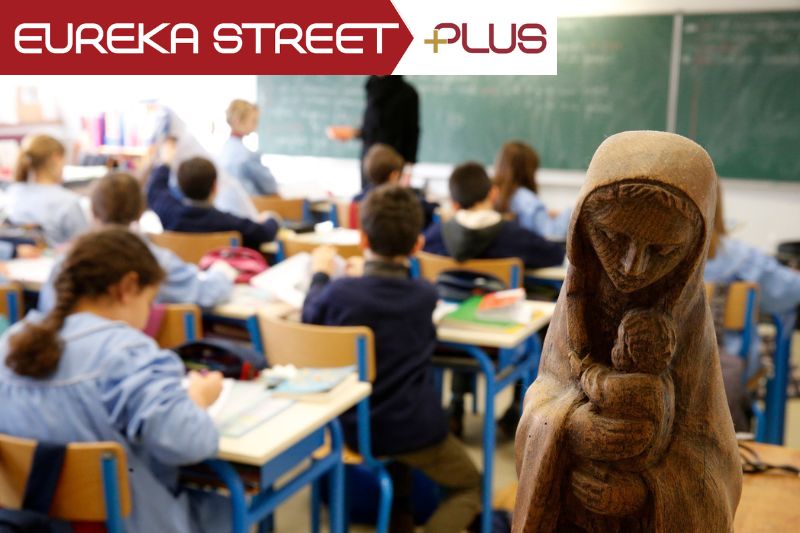
RELIGION
- Ann Rennie, Bernadette Mercieca
- 09 February 2024
5 Comments
Today, the claims of Christianity are no longer common knowledge among a Catholic student cohort that comes from many faith traditions and none, but the Catholic school has a place for them all. Has the classroom become the ecclesial face of the Catholic Church in the 21st Century?
READ MORE 
-

AUSTRALIA
- Holly Lawford-Smith
- 02 February 2024
1 Comment
How can we make progress on the question of whether debate can do harm, and if it can, whether that’s a sufficient reason to suppress particular debates? Or should we adopt a ‘no debate!’ approach to particular topics ourselves?
READ MORE 
-
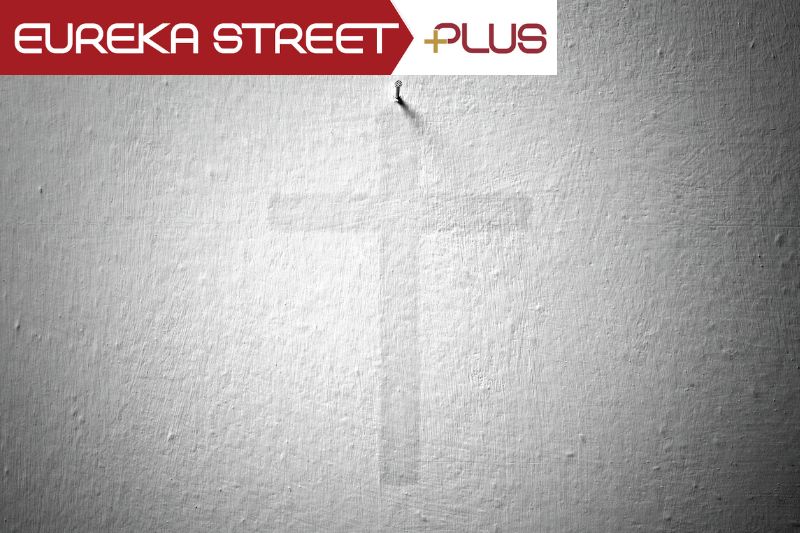
AUSTRALIA
- Michael Jensen
- 19 January 2024
4 Comments
In contrast to the United States, we in Australia ‘don’t do God’, and we rarely acknowledge the religious dimension of our national identity. In an age of declining adherence to the Christian faith, has Australia found a new civil religion? And will it serve us well?
READ MORE 
-
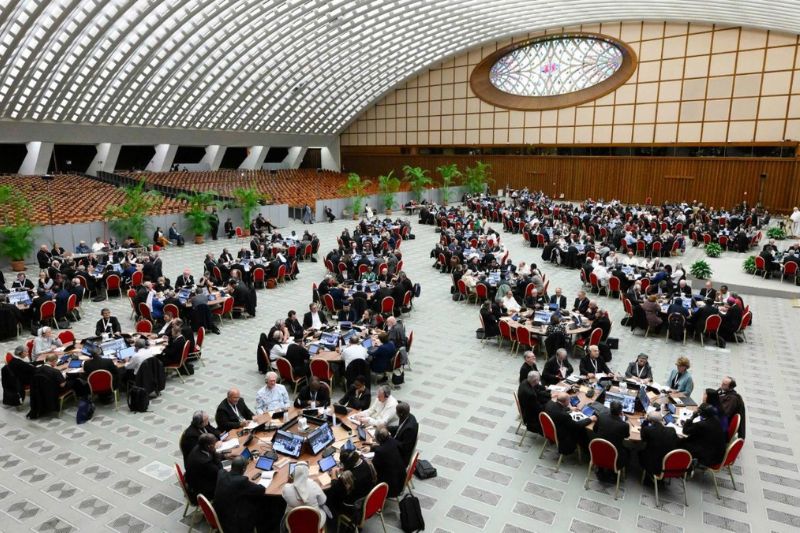
RELIGION
- Bill Uren
- 12 December 2023
2 Comments
The Synod on Synodality raised possible Church reforms like expanding communion to non-Catholics in interchurch marriages and reevaluating the stance on divorced and remarried members. This raises the question: Can the Church reconcile longstanding traditions with emerging calls for inclusivity and ecumenical openness?
READ MORE
-
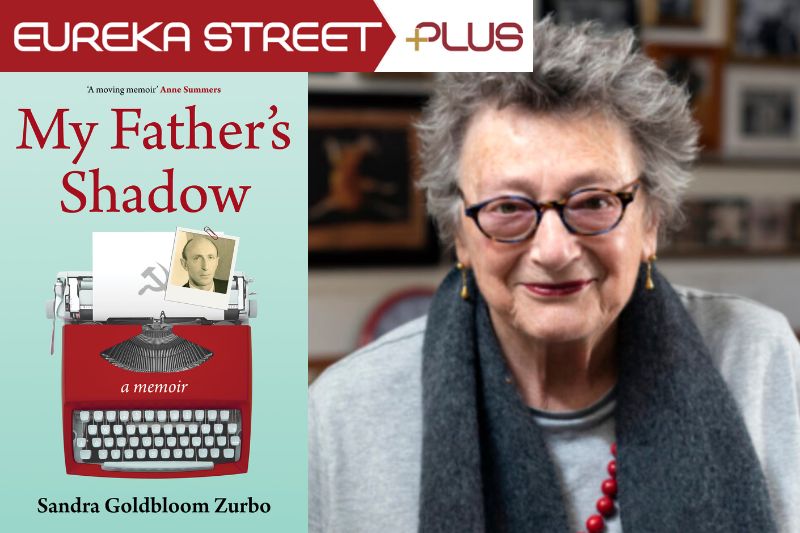
ARTS AND CULTURE
- Andrew Hamilton
- 08 December 2023
1 Comment
My Father’s Shadow is a beautifully constructed three-dimensional jigsaw puzzle in which perfectly formed and elegant stories from different times and places are juxtaposed and tested for fit, so forming a pattern of meaning that is never closed.
READ MORE 
-

INTERNATIONAL
- Philip Mendes
- 04 December 2023
2 Comments
For over 40 years, I have supported a two-state solution to the Israeli-Palestinian conflict. That term means two states for two peoples. Such an outcome can only come about as the result of peaceful negotiations that advance compromise and moderation on both sides.
READ MORE 
-
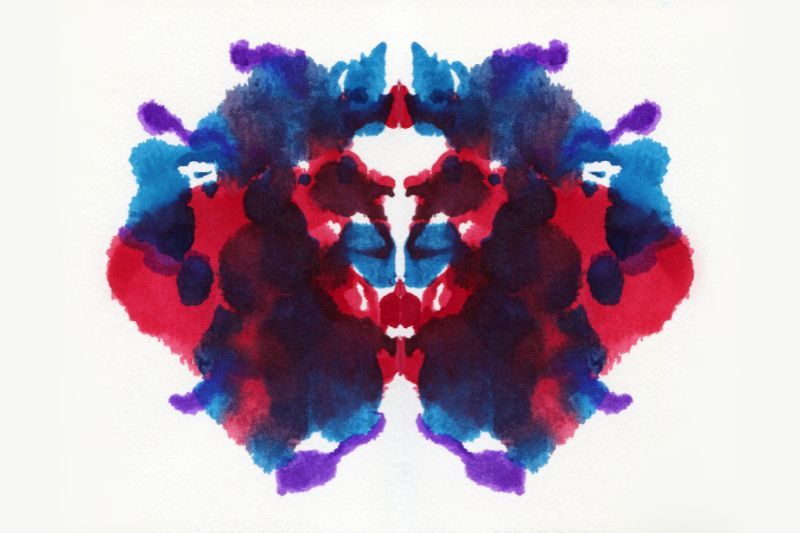
AUSTRALIA
- Neil Jeyasingam
- 08 November 2023
7 Comments
Personality disorders — especially Borderline Personality Disorder — are both ubiquitous and enigmatic, with Borderline cases alone occupying nearly half the beds in the nation's mental health wards. New therapies offer hope, but also cast light on the human need to be seen and understood.
READ MORE
-
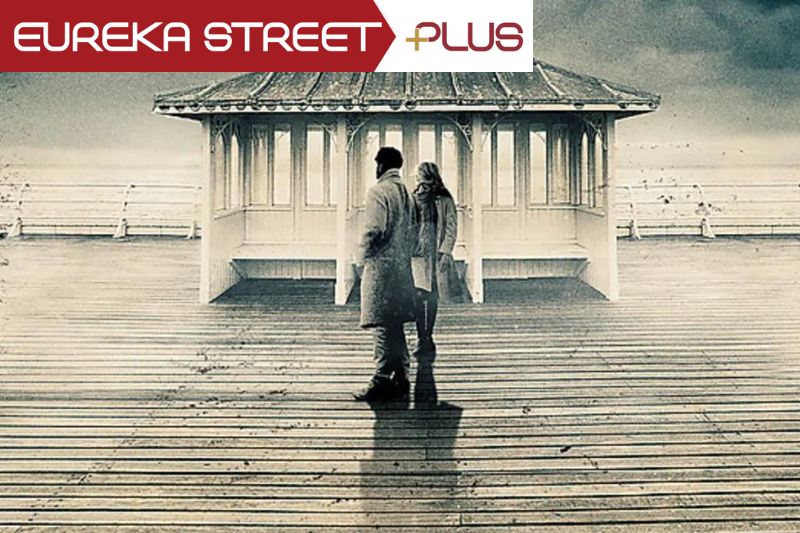
ARTS AND CULTURE
- Juliette Hughes
- 13 October 2023
1 Comment
An intricate tale that delves deep into the realm of cults, deception, and the human psyche, The Running Grave goes beyond a mere detective yarn, with a narrative that confronts society's susceptibility to manipulation and questions the very fabric of our beliefs.
READ MORE 
-
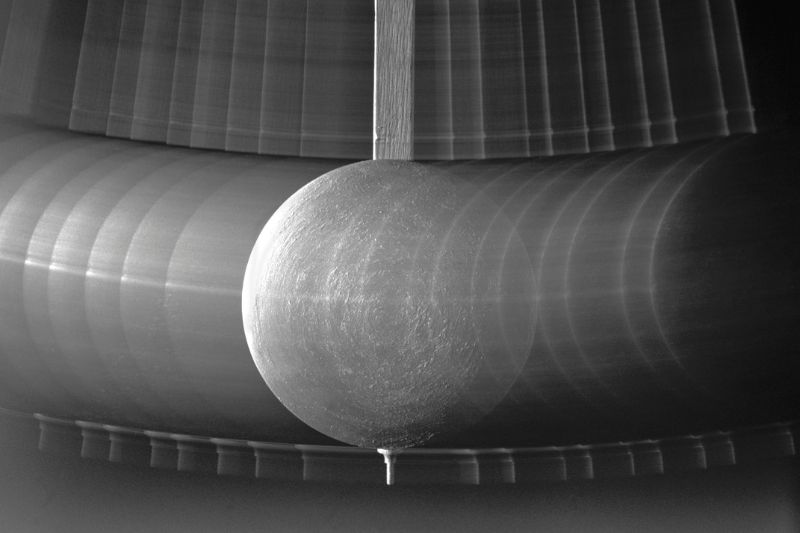
ARTS AND CULTURE
- Les Wicks
- 04 October 2023
1 Comment
In The Fickle Pendulum, Paul Scully deftly weaves centuries of human exploration — from the doubt of St Thomas to Galileo's scientific certainties. Journeying through epochs, blending faith with skepticism, Scully makes the arcane comes alive, offering readers a profound immersion into the expanse of human introspection.
READ MORE
-
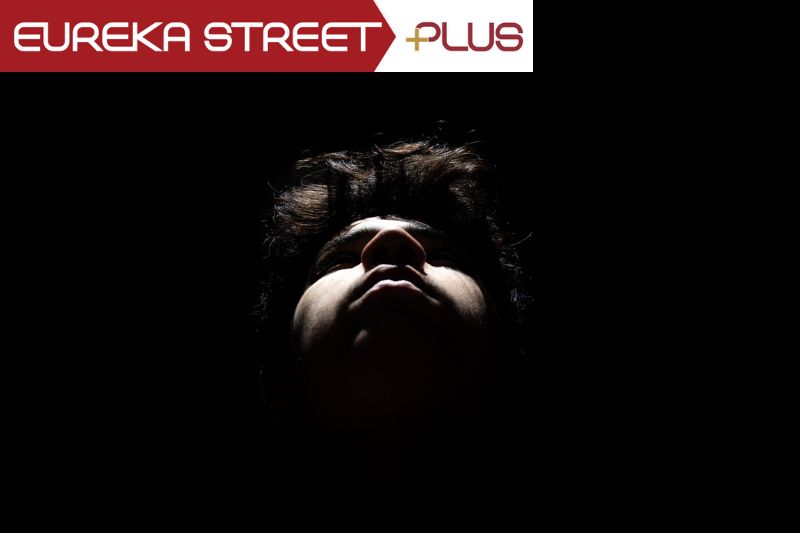
AUSTRALIA
- Adrian Rosenfeldt
- 29 September 2023
12 Comments
Amid the rise of 'no religion' among young Australians, there is a nuanced narrative of spirituality with demonstrated potential to alleviate some mental health concerns. With a prominent strain of individualism pervading today's culture, might revisiting spiritual connectedness provide young people with a needed respite?
READ MORE
-
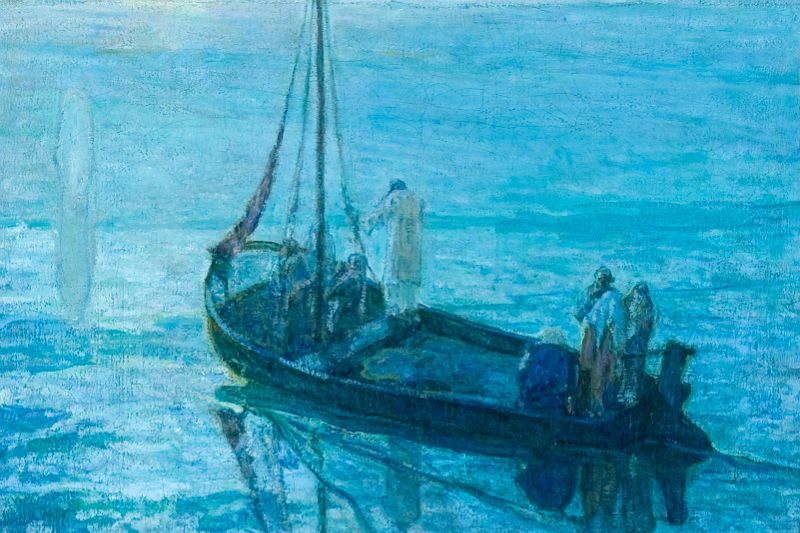
RELIGION
I must confess that in the lead-up to the first session in October 2023 of the Synod on Synodality, I more than a little resembled Peter. Embarking on synodal waters, initially I was apprehensive. Would anything substantial come of Pope Francis' initiative?
READ MORE
-

RELIGION
- Michael McVeigh
- 09 June 2023
5 Comments
Known for incisive insights into societal issues like fundamentalism, loneliness, and abuse, theologian and cultural anthropologist Fr Gerald Arbuckle is now examining the rise of conspiracy theories. In conversation with Michael McVeigh, Arbuckle discusses his work, cultural anthropology, and the impact of 'cultural trauma'.
READ MORE 